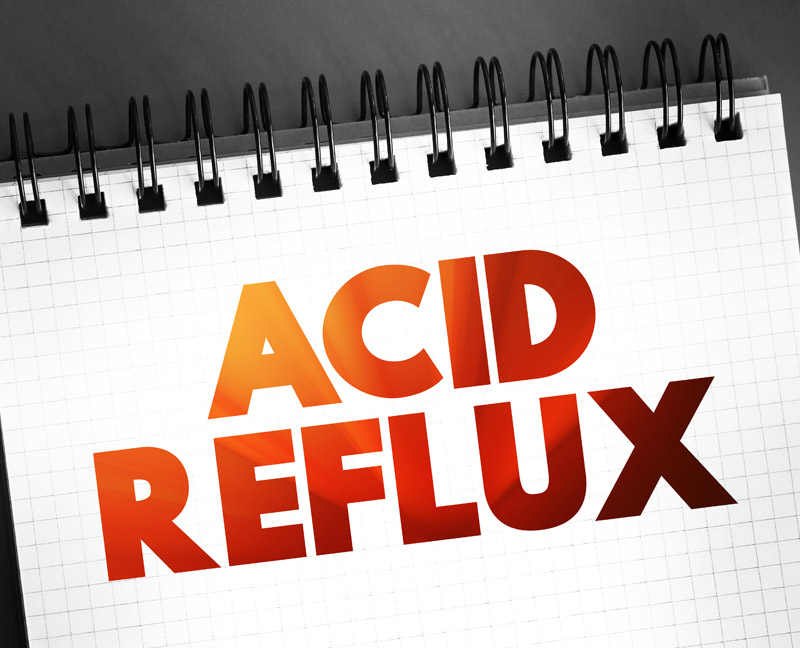Avoiding the Post-Thanksgiving Burn: Your Guide to Antacids and Heartburn Relief

Thanksgiving is a time for family, gratitude, and, of course, delicious food. But for some, indulging in a holiday feast can lead to an uncomfortable side effect: heartburn. As we savor those rich dishes, understanding how antacids work can help manage occasional acid reflux and indigestion not only during the holidays but all year round. Here’s a look at how antacids work, why they’re effective, and a few important considerations for safe use.
How Do Antacids Work?
When we eat, our stomach produces acid to break down food. For those who experience heartburn, this acid can flow back into the esophagus, causing an uncomfortable burning sensation in the chest and throat. Antacids work by neutralizing this stomach acid, bringing immediate relief. The active ingredients in most antacids—such as calcium carbonate, magnesium hydroxide, or aluminum hydroxide—are alkaline, which counteracts the acid and provides quick but temporary relief by reducing acidity in the stomach and esophagus.
Why Antacids Are Effective
Antacids are effective because they act quickly. Within minutes, they can alleviate heartburn, sour stomach, and mild indigestion by neutralizing the acid that’s causing irritation. They’re especially helpful for those who only experience heartburn occasionally, perhaps after a large meal or certain types of foods—like those found on a Thanksgiving table: rich casseroles, creamy mashed potatoes, and spicy stuffing.
For occasional heartburn, antacids can be a safe, short-term solution, helping you enjoy your favorite foods without pain or discomfort. However, it’s important to remember that antacids are not designed to treat chronic heartburn or gastroesophageal reflux disease (GERD), which require different treatments and may need medical attention.
Ingredients to Be Mindful Of
Different types of antacids contain different active ingredients, each with its benefits and potential drawbacks. Here’s a quick overview:
- Calcium Carbonate: This is commonly found in many over-the-counter antacids and is effective for quick relief. Calcium carbonate is generally safe but may lead to constipation if used too frequently.
- Magnesium Hydroxide: Known for its fast-acting relief, magnesium hydroxide can help with heartburn but may cause diarrhea in some people if taken in high doses.
- Sodium Bicarbonate: Sodium bicarbonate is effective but high in sodium, which can raise blood pressure and may not be ideal for people on low-sodium diets or those with hypertension.
- Aluminum Hydroxide: This ingredient provides effective acid neutralization but can lead to constipation and, with prolonged use, potentially disrupt mineral balance in the body.
When to Use Caution
While antacids are generally safe, they are intended for occasional, short-term use. Overuse can lead to side effects, such as constipation, diarrhea, or even “acid rebound electrolytes disturbance,” where the stomach produces more acid in response. Additionally, antacids can interfere with certain medications, including antibiotics and heart medications, so it’s important to consult a doctor or pharmacist if you’re taking other prescriptions.
Whether it’s Thanksgiving or any other indulgent meal, having a balanced understanding of antacids can help you manage occasional heartburn effectively. Enjoy the holiday table, and remember that taking a mindful approach to antacid use can provide safe and effective relief throughout the year
The contents of this article have been reviewed by Dr. Ahmed Nashat, Family Medicine provider with Shore Physicians Group. Dr. Nashat treats patients at Shore Physicians Group’s office located at 401 Bethel Road in Somers Point. To schedule an appointment with Dr. Nashat, call 609-365-6200.